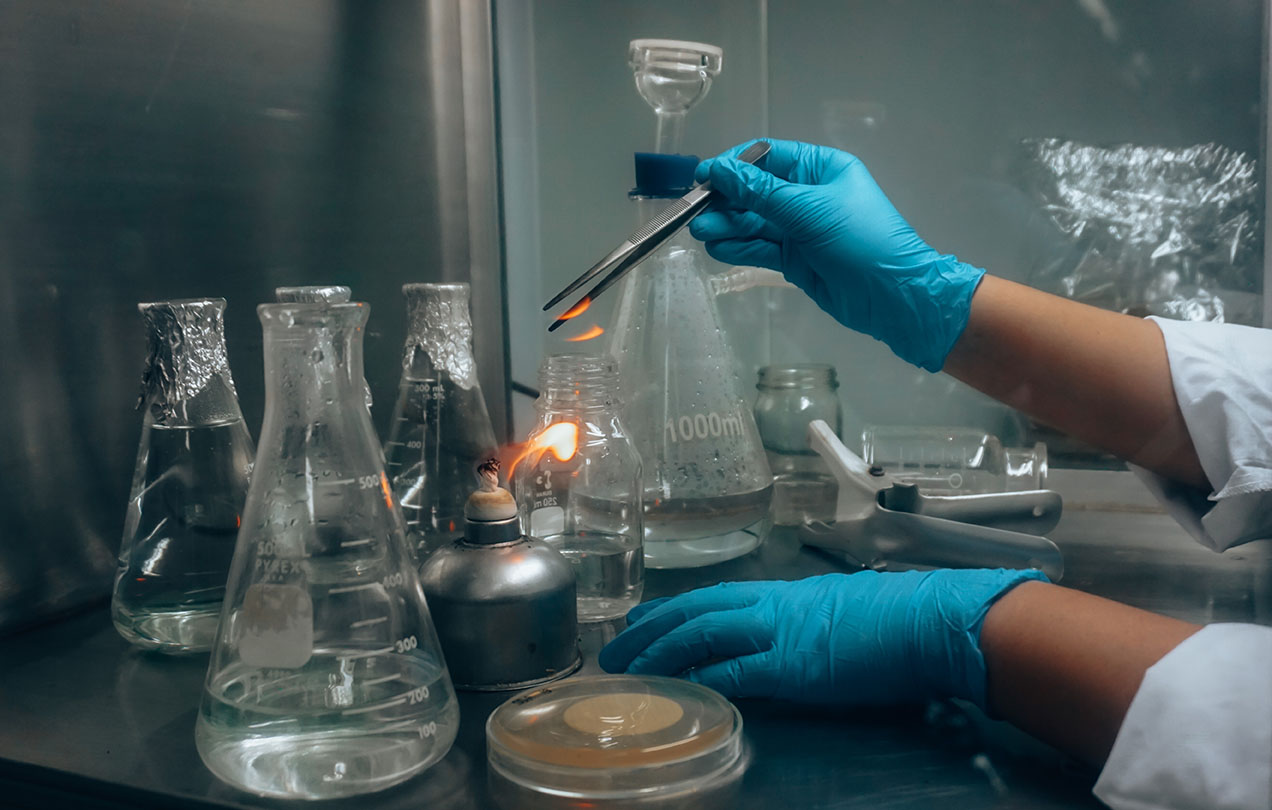

In science, a method is a systematic way of gathering and analyzing information. It is a step-by-step process that scientists use to answer questions about the world around them.
There are many different methods that scientists use. Some common methods include:
The choice of method depends on the question that the scientist is trying to answer. For example, if a scientist is trying to understand how a plant grows, they might use observation, measurement, and experimentation. If a scientist is trying to predict the weather, they might use a model or a simulation.
No matter what method they use, scientists must be careful to follow the scientific method. The scientific method is a set of steps that scientists follow to ensure that their work is reliable and accurate.
The scientific method includes the following steps:
The scientific method is a valuable tool for scientists. It helps them to gather reliable and accurate information about the world around them. It also helps them to communicate their work to others.
The teacher showed the students the method for solving the problem.

Noun: A systematic way of doing something, especially a procedure with a definite outcome.
Adjective: Relating to or using a particular method.
Verb: To find out something by using a particular method.
The word "method" comes from the Greek word "methodos", which means "a way of going about something". The Greek word "methodos" is derived from the words "meta" (after) and "hodos" (way).
The literal meaning of the word "method" is "a way of going about something after a particular plan". This is because a method is a systematic way of doing something, especially a procedure with a definite outcome.
The word "method" was first used in English in the 14th century. The word "method" was originally used to refer to a way of doing something that was based on logic and reason.
What does method mean?
Question:
What is the significance of using a scientific method in conducting experiments?
Answer:
The scientific method is a systematic approach used by scientists to investigate natural phenomena, ensuring reliable and repeatable results. It consists of several key steps that guide the process of experimentation.
First, scientists observe a phenomenon and ask questions to formulate a research question. They then conduct background research to gather information about the topic. Next, a hypothesis is formulated, which is a testable explanation for the observed phenomenon.
Experiments are designed and conducted to test the hypothesis. This involves manipulating variables and measuring outcomes. Data is collected and analysed to determine if the results support or reject the hypothesis.
The scientific method is significant because it ensures that experiments are conducted in a structured and objective manner. This minimises bias and errors, leading to accurate and trustworthy results. It also allows for replication by other scientists, contributing to the validation of findings.
In conclusion, the scientific method is essential for conducting experiments in a systematic and rigorous way. It promotes objectivity, reliability, and the advancement of scientific knowledge.
Address
Developing Experts Limited
Exchange Street Buildings
35-37 Exchange Street
Norwich
NR2 1DP
UK
Phone
01603 273515
Email
hello@developingexperts.com
Copyright 2025 Developing Experts, All rights reserved.